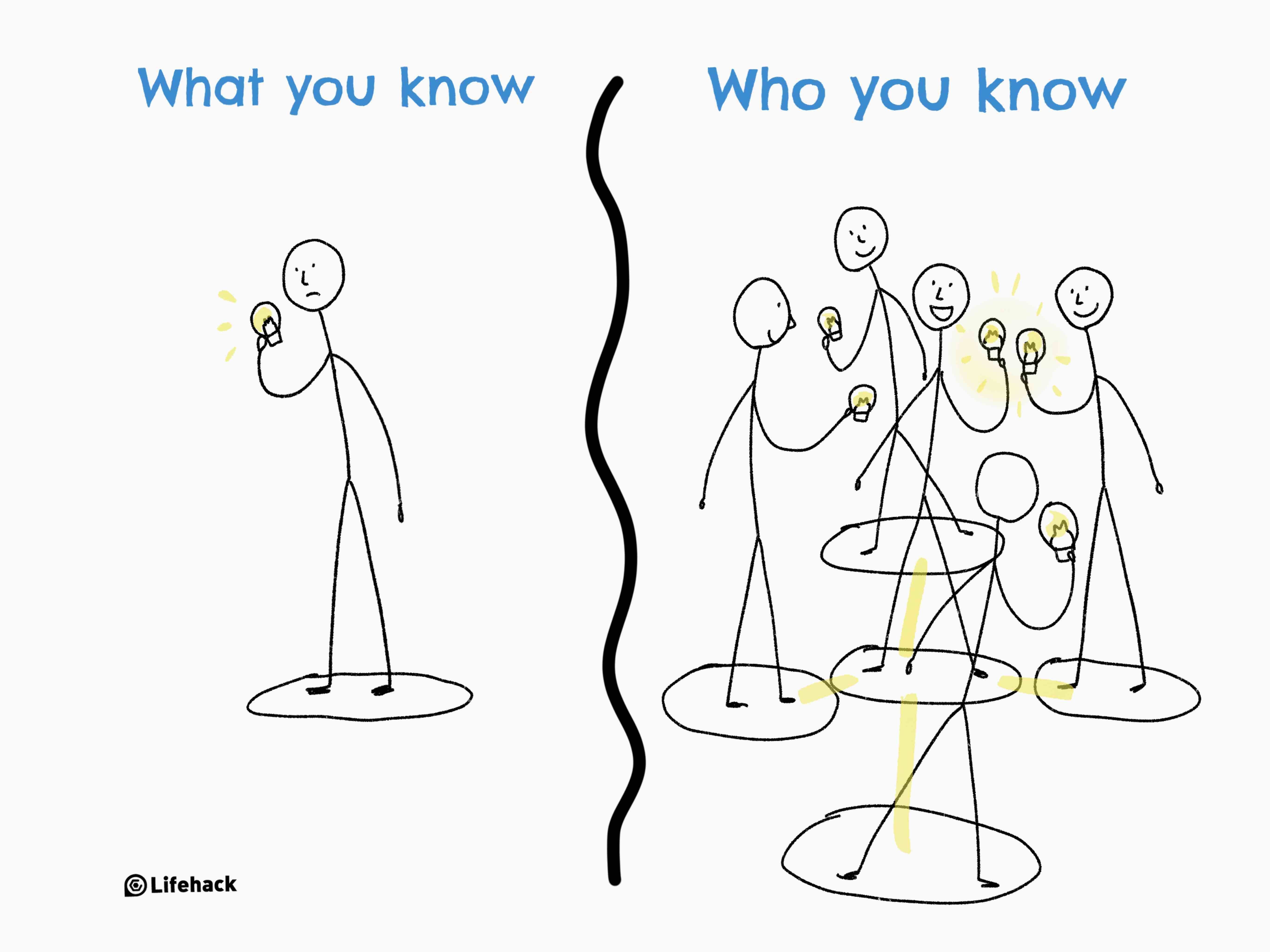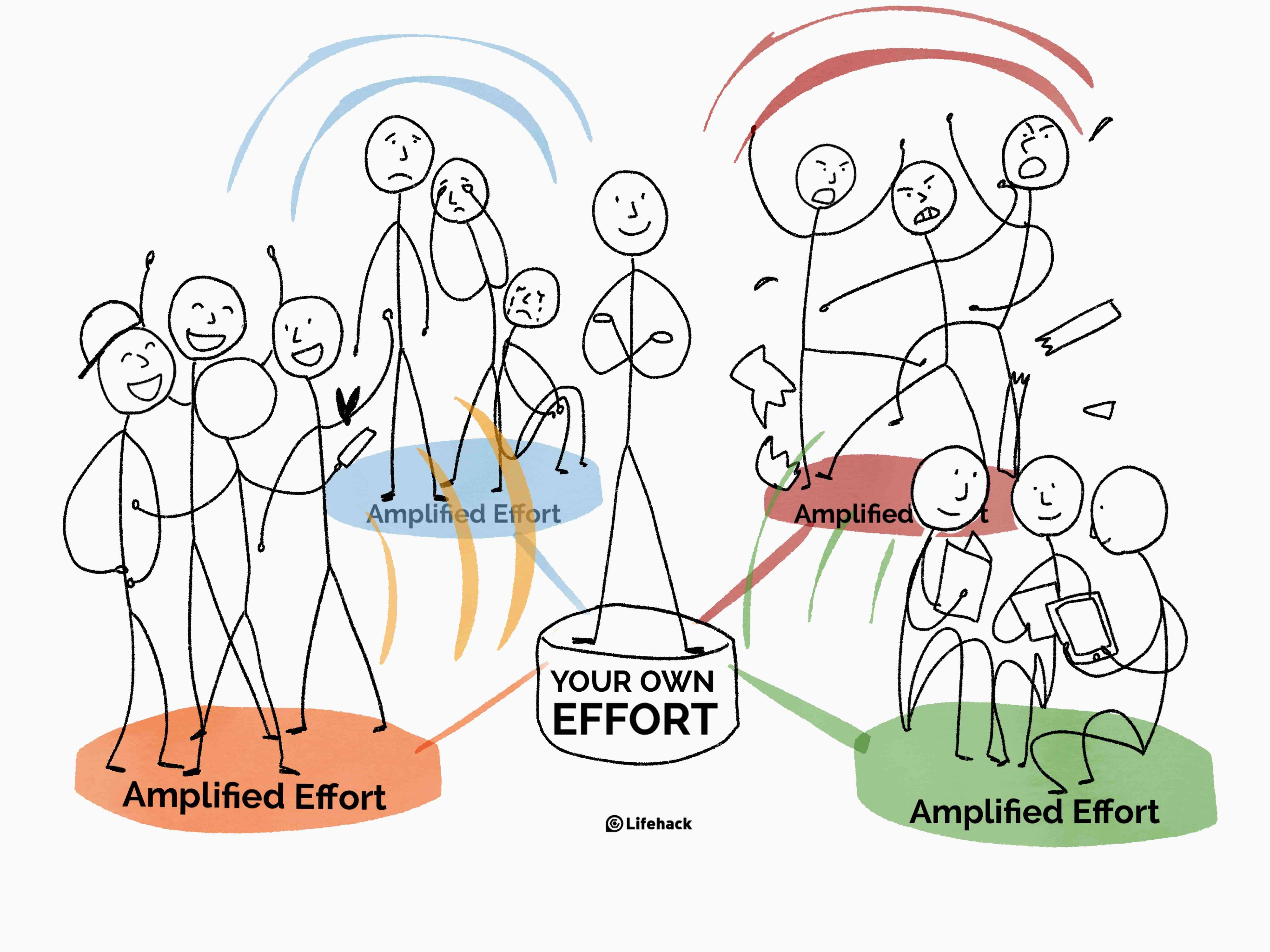Think for a second about how most first-world education is set up: it’s often about what you know, meaning the quantity of concepts. This is often why students ask “Is this on the test?” They want to be sure about what they know: is it the right mix of what they are supposed to know?
Even outside of school, students are often encouraged to read more and pick up new skills. It becomes increasingly about quantity. It can lead to a culture of overscheduled kids and anxious parents.[1]
Tony Robbins and Tim Ferriss have addressed this in a podcast episode: there are achievement cultures and fulfillment cultures.[2] Achievement cultures are focused on quantity of tasks or goals achieved; the number matters more than almost anything else. Fulfillment cultures can be more about personal contentment, growth, happiness, etc. — and less about hitting a specific number.
America and many first-world countries are largely achievement cultures, so we focus a good deal on what we know. What if that’s the wrong approach?
Why “who you know” matters more
What about knowing more people? And what about knowing the right people?
Dealing with other human beings is a huge part of what most of us do, whether you work in a call center, sell real estate, or create marketing solutions for small businesses.
How we get along with others is often the greatest indicator of success. Reed Hastings, the CEO of Netflix, has even warned other leaders of hiring “the brilliant jerk” — someone who does well on paper with goals and numbers, but has limited likability and alienates teammates.[3]
The bottom line is that people around you affect you: they can make you happier, healthier, and more successful — or the opposite. Based on the research from Nicholas Christakis at Yale, most of this influence is passive and gradual. You may not even notice it as it’s happening.[4] But over time, you become a reflection of those you spend time with. Understanding who is in your immediate network, and whether they’re a good addition or toxic, is important.
At a deeper professional level, one of the more successful connectors and networkers in Silicon Valley — a huge business hub right now — is Adam Rifkin, and he organizes 106 Mile Meetups once a month.[5] These have become premier technical events for engineers and coders, and often people get new jobs directly from these events.
It’s more about who you know — and making sure those are the right people — than what you know.
How to get to know the right people
There are a million articles online about better networking and first impressions, so we won’t go down those routes. You’ve probably heard a lot of that advice about eye contact and only discussing yourself 20% of the time (most people flip this and discuss themselves 80% of the time).
Instead, consider some of these approaches:
- Thank the people around you. This shows appreciation for their efforts, and you also remind yourself how blessed you are and feel better in the process. Hearing “thanks” from others genuinely strengthens most relationships.
- Give more than you get. In fact, trying to “take” (get numbers and job offers, etc.) in a networking context is much more of the failure path because no one likes a taker who never gives. Be the person who gives of him/herself at events and offers to help others or find resources. Most will remember and when it’s time for the opposite to happen, you have connections.
- Ask for help, share thoughts. In short, be social. Connect. Discuss. Exchange ideas. Human beings are social animals. That’s one of our great advantages. Be that when you network and build connections.
- Connect around your interest. One of the more successful networkers at Davos, Rich Stromback, has claimed that “99% of networking is a waste of time” because many people care too much about first impressions.[6] Care about trying to genuinely connect around your interests instead.
- Realize this won’t be easy. Relationship-building takes time to do effectively. Jeff Goins has described this well: you need to be comfortable approaching the right people, become comfortable with rejection (very hard), understand nothing happens overnight despite what popular culture might show us, and be ready to approach some people with your fears because it will make you appear genuine and potentially draw you into them.
Start to connect
Imagine this fantasy situation: you know everything in the world. Every single fact. Every single piece of knowledge. All of it. If you were this person but didn’t know any other people, or didn’t know how to talk to people or connect with them, how far would you get?
Not very far.
Now imagine you know 1/4 of what that person does. There is much you lack. You don’t know so many things but you know people and have relationships. Think that person will go far?
Yes.
It’s not what you know. It’s who. Cultivate connection.
Reference
| [1] | ^ | CNN: Overscheduled kids, anxious parents |
| [2] | ^ | Tim Ferris: Tony Robbins – On Achievement Versus Fulfillment |
| [3] | ^ | The Context of Things: The paradox of the brilliant jerk |
| [4] | ^ | Yale Insights: What Do We Learn from Our Networks? |
| [5] | ^ | Barking Up the Wrong Tree: Silicon Valley’s Best Networker Teaches You His Secrets |
| [6] | ^ | Harvard Business Review: 99% of Networking Is a Waste of Time |














































